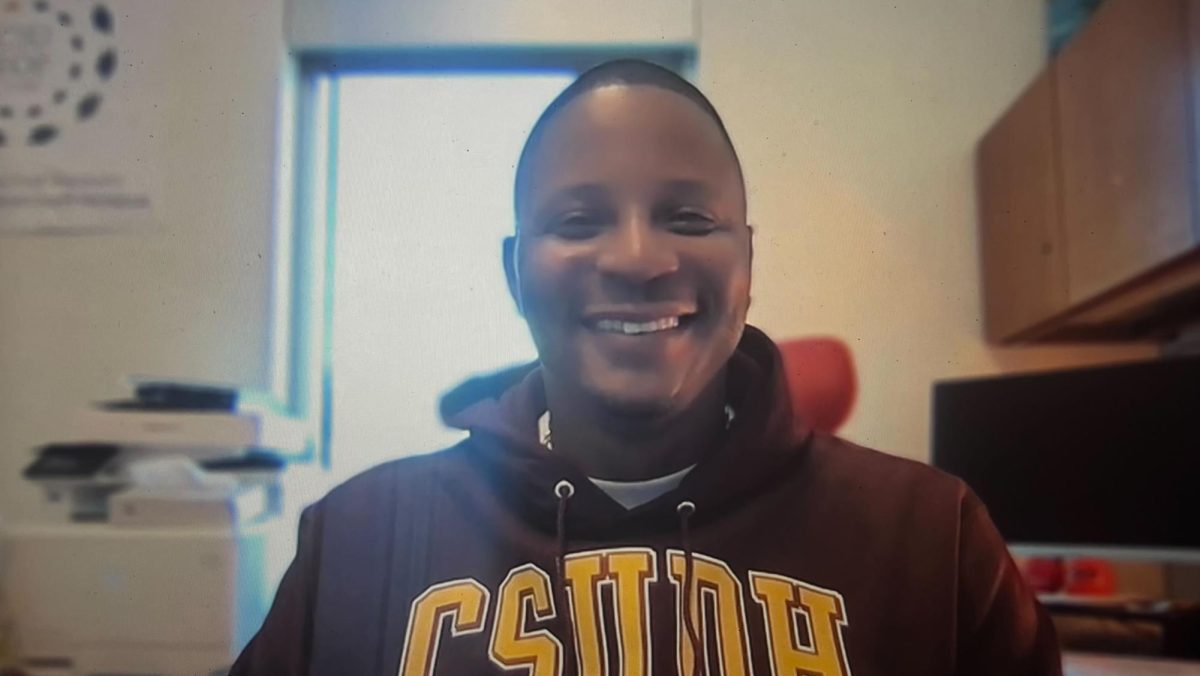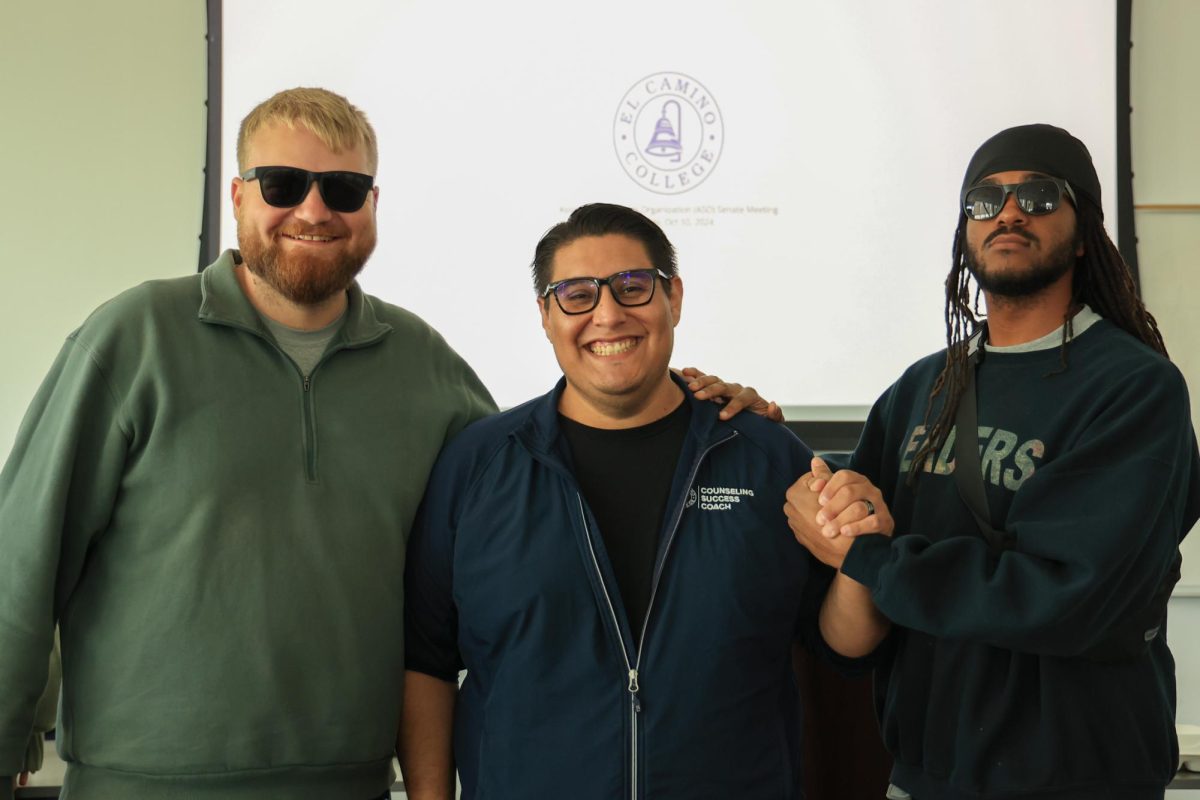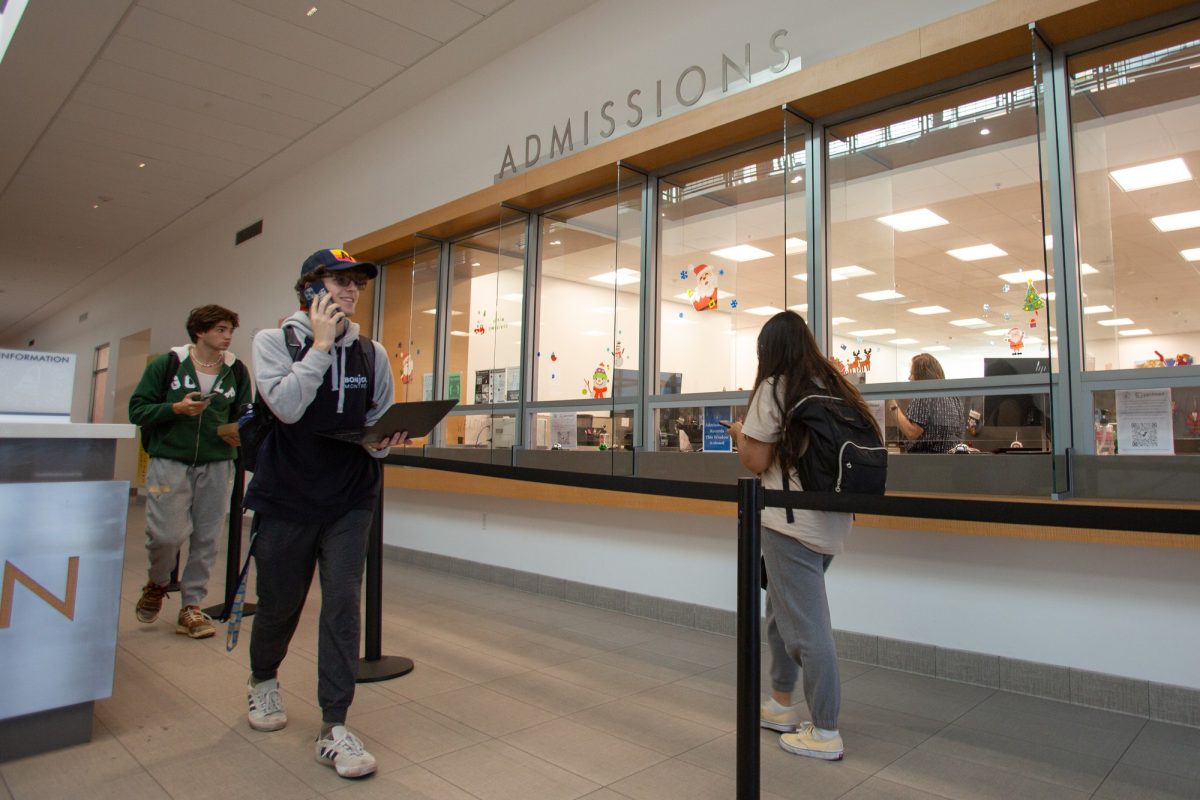Almost two years have passed since the program was terminated, but the impact the Internet Assistant Program had remains fresh in supporters’ minds, waiting for the day it will be rebooted.
Supporters of the Internet Assistant Program believe that its loss has left faculty members mutually frustrated and their need for technology support unfilled since the program’s termination in 2002.
The program was originally funded by a grant through the state, but was canceled when EC could no longer provide funding during the budget crisis.
“In the first year, the state paid a declining amount and the college paid more to cover the cost of the program,” Joe Gorges said.
“Tough choices had to be made,” director of web services Howard Story said of the administrative decision to cut the program during the California budget crisis.
The Internet Assistant Program, formulated in 1999, consisted of a group of 10 students with web and computer knowledge who assisted faculty members with various technology needs.
Students who were involved with the program received college credit, skills and were able to build portfolios, all while earning an hourly wage.
“It was a very valuable program in that it facilitated the technology and design needs of the faculty,” Professor Maria Brown said. “It also provided a way for students involved in the web and technology to sharpen their skills.”
“Students had the opportunity to do work that was actually going to be used and was going up on the web,” Story said.
After the budget crisis and the subsequent termination of the Internet Assistant Program, many faculty members were left without technology support.
“When the program was cut, it left a void,” Story said.
“It is vital that this kind of assistance be provided to faculty,” Georges said.
Story said he expects that an increase of technology support will be made available to faculty in the future.
However, he could not say if it would be due to the reinstatement of the Internet Assistant Program.
“It would need to be revitalized with the college’s own funds,” Georges said.
“The institution must decide if the Internet Assistant Program model is best this time to meet the academic and web support needs of the entire campus,” Story said. “The college must decide if using students is one way to do that.”
“The program would be competing with all of the other needs of the college,” Story said.
“If the program were to be reinstated, it would have to be in such a way that all segments of the college community would receive some assistance,” Georges said.
Story said he believes the Internet Assistant Program was valuable, but is unsure if the college can replicate it.
“Perhaps, if we were to identify the positives from the program and implement those into the structure of the college in a way that is economically feasible,” Story said.
Many of the various EC departments and faculty members still have websites that were designed by an internet assistant, some of which are now outdated from lack of technology support.
“The program created a lot of good will,” Georges said. “There were valuable and lasting contributions made that are still part of the El Camino website.”
“Everyone agrees that it was a good program in that it fulfilled the need for web support on campus,” Story said.








